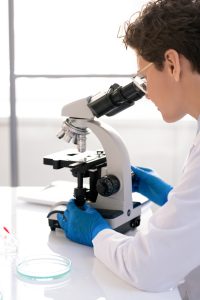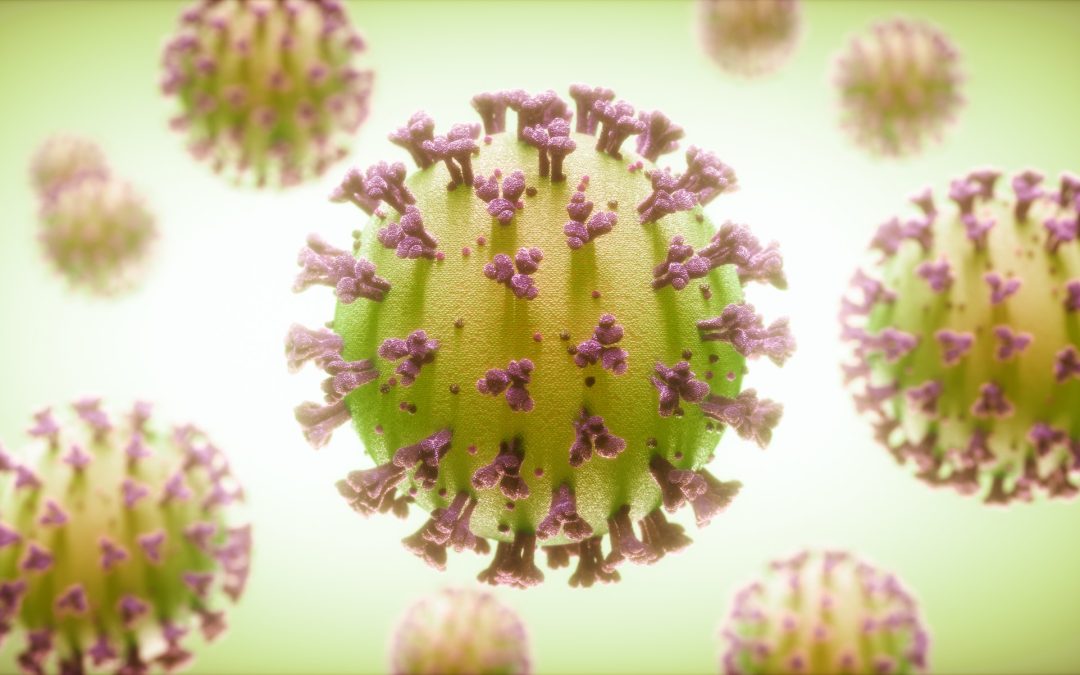According to a new study, supplementing with arginine may help with severe illness. So is l-arginine, a treatment for COVID? Find out.
In April 2020, Heath McAnally, MD, MSPH, “appealed to the medical literature and research community to investigate the potential utility of arginine (ARG) supplementation in the prevention of severe COVID-19.” Moreover, in an opinion piece, McNally points a “randomized, double-blinded prospective trial of ARG in hospitalized COVID-19 patients in Italy.”
The following article is an overview of the study, its results, and future implications regarding COVID-19. However, this does not constitute medical advice; instead, it is a review of McNally’s appeal for research into l-arginine supplementation.
The Study
 The ARG (arginine) trial shows the median hospital length of stay (LOS) was 25 days for those taking l-arginine supplementation. In comparison, the median LOS for the placebo group was 46 days. However, according to the authors, “a very large number of the ARG group had already healed/been discharged, enriching the proportion of the sickest in that arm.”
The ARG (arginine) trial shows the median hospital length of stay (LOS) was 25 days for those taking l-arginine supplementation. In comparison, the median LOS for the placebo group was 46 days. However, according to the authors, “a very large number of the ARG group had already healed/been discharged, enriching the proportion of the sickest in that arm.”
Moreover, the ARG treatment group was significantly younger in age (about 7.5 years younger than the placebo group). Also, more people in the treatment group started with severe respiratory disease, which may have increased the room for improvement.
McNally points out that three placebo group patients died after day 20 and none died in the treatment group. He also mentions that the big theoretical concern for supplementation is the potential for certain inflammatory side effects. In turn, he notes that no harm was evident in the treatment group of the study.
Nitric Oxide and COVID
McNally clarifies that there are two versions of nitric oxide synthase (NOS): cNOS and iNOS. He also explains that there are two types of cNOS, which are the neuronal version and the endothelial version (eNOS).
According to in vitro studies, an increase in NO activity can inhibit the ability of the virus to replicate. Furthermore, other studies show that people with severe COVID-19 and leukocyte depletion/dysfunction have an arginine deficiency.
What does this mean? According to McNally, the results may be showing that arginine deficiency can enhance vulnerability to viral entry and replication. In other words, without enough l-arginine in your system, you may be more susceptible to severe COVID-19.
The Outlook
 In their conclusion, the researchers state that the “results may have important clinical implications for COVID-19 treatment especially in low-resource environments [where] vaccination is not widely available given the safety and the affordability of oral L-arginine.” Nevertheless, keep in mind that more research is necessary and that l-arginine supplementation is not a cure for COVID-19.
In their conclusion, the researchers state that the “results may have important clinical implications for COVID-19 treatment especially in low-resource environments [where] vaccination is not widely available given the safety and the affordability of oral L-arginine.” Nevertheless, keep in mind that more research is necessary and that l-arginine supplementation is not a cure for COVID-19.
However, studies do show that arginine may help promote nitric oxide production in the body. As a natural vasodilator, nitric oxide dilates and relaxes blood vessels, leading to better blood flow. Therefore, if you’re looking for a way to boost your circulation, consider taking L-arginine Plus.

